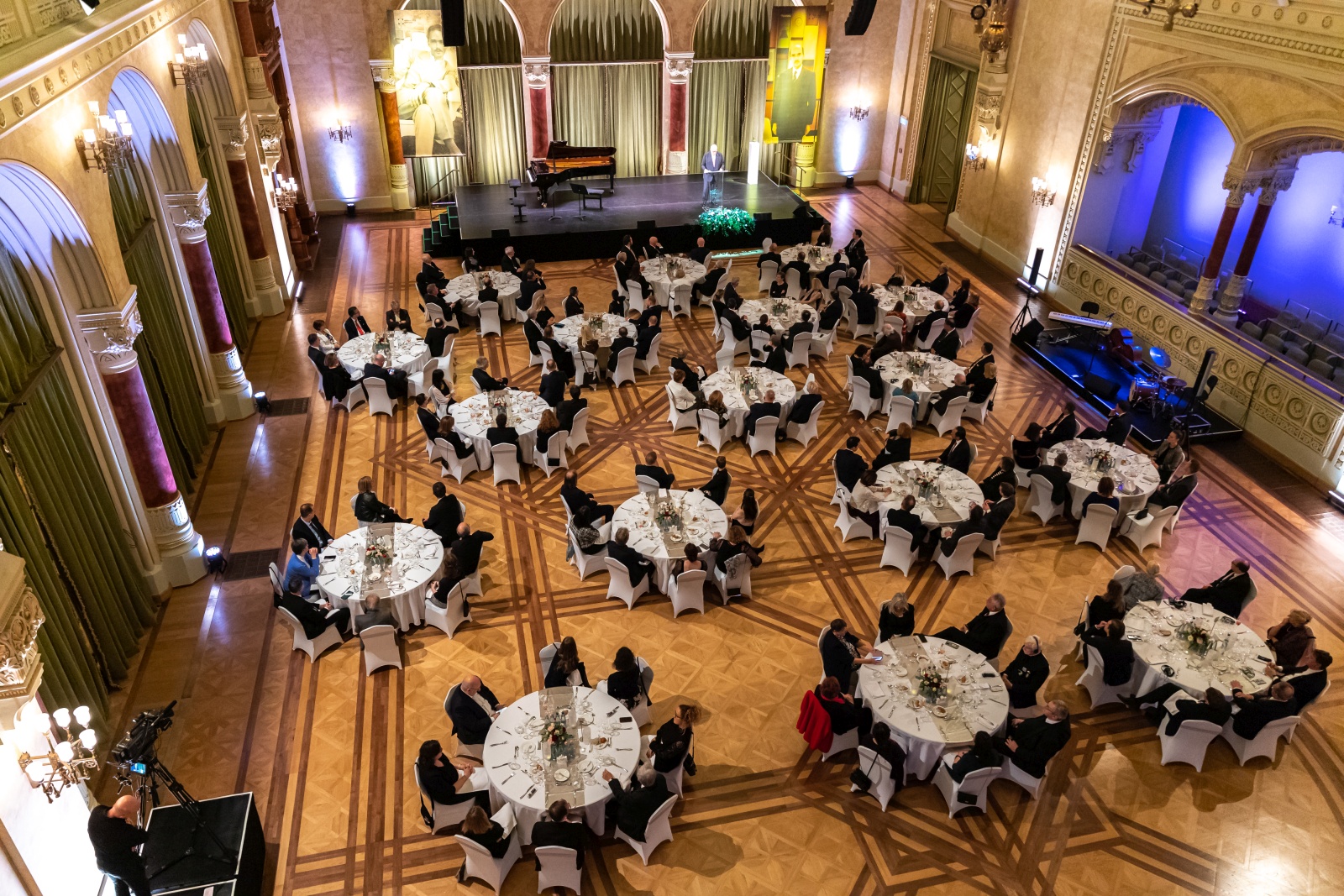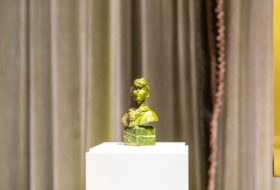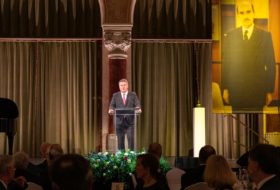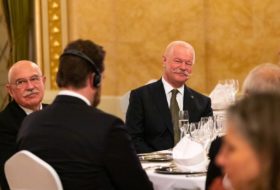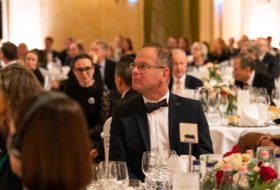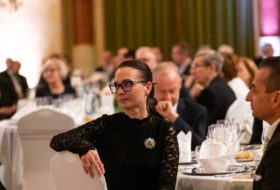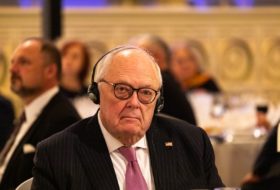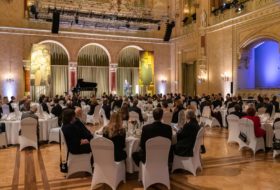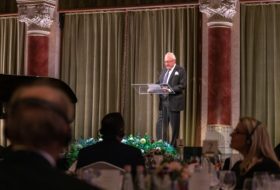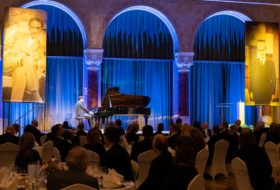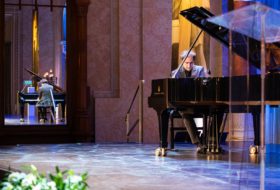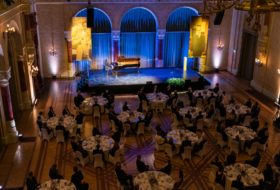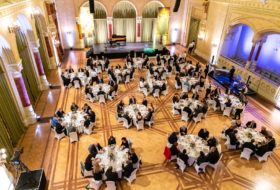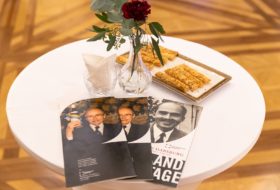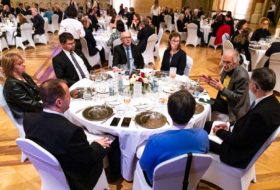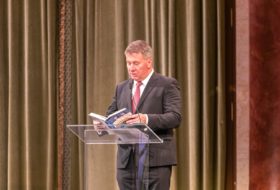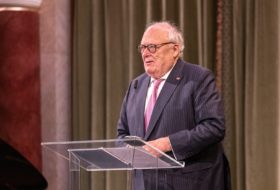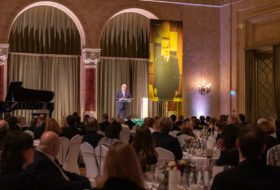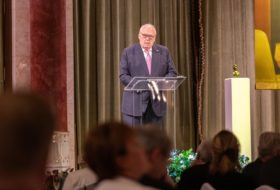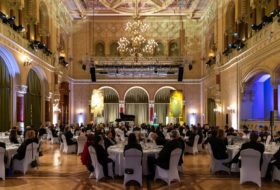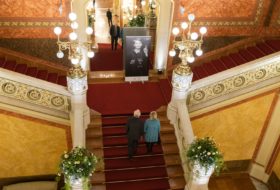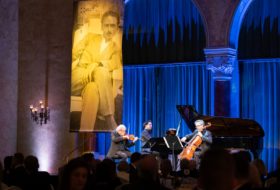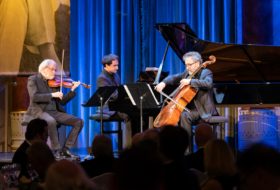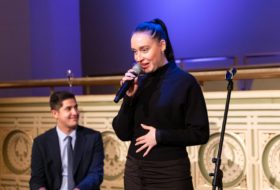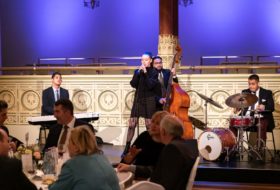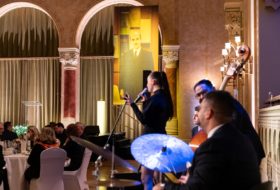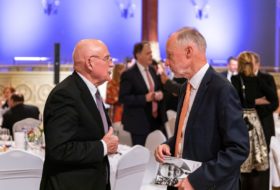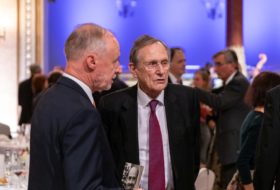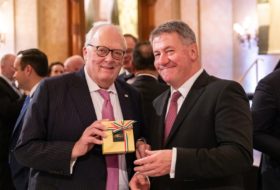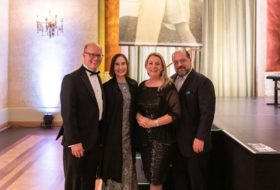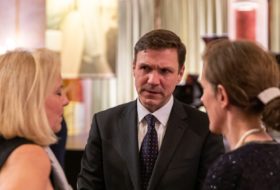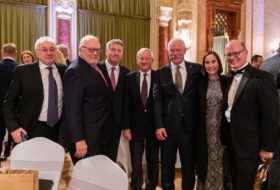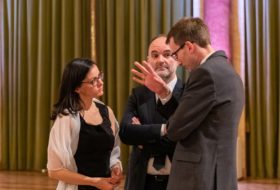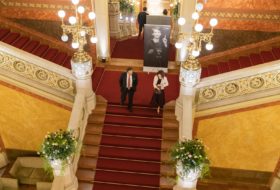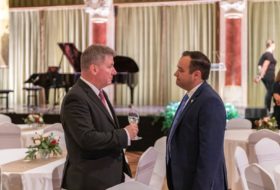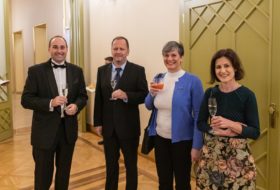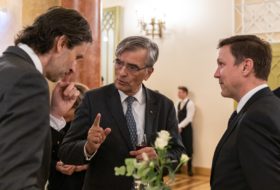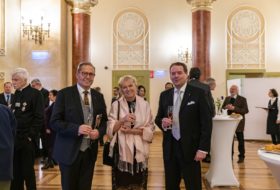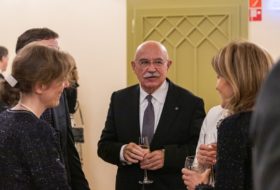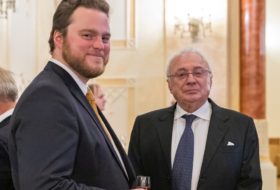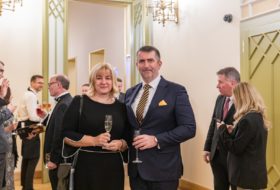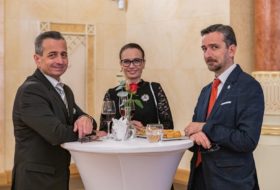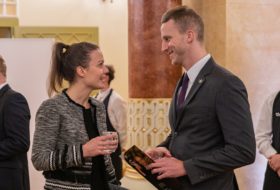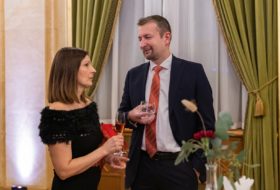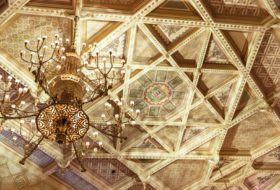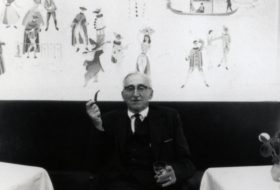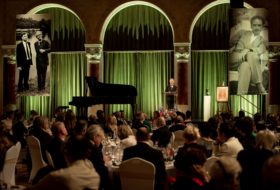When our Foundation revived the tradition of the “Otto Dinners” in 2019, the aim was not the same as that of the organisers of similar events between the two world wars, namely a demonstration of the royalist circles, but rather to enliven the intellectual legacy of Otto von Habsburg in an international context by inviting distinguished foreign speakers. After Wolfgang Schüssel, former Austrian chancellor; Alain Lamassoure, former French minister and MEP; and last year, Inego Mendez de Vigo, Spanish minister, MEP and good friend of our eponym; this year’s guest of honour was Edwin J. Feulner, founder of The Heritage Foundation, who has led the conservative American think tank for nearly four decades. We strive to match the music performed to the nationality of the esteemed guest, and this year we were able to acquire a recently found interview in which Otto von Habsburg expresses that his favourite composer is George Gershwin. Accordingly, pianist Balázs Fülei played the legendary Blue Rhapsody. Gergely Prőhle then read out a few extracts from letters. In one, Feulner, aged 24, asks to visit Otto in Pöcking; in another, Otto congratulates him on the establishment of the Heritage Foundation; in the third, President Ronald Reagan writes to Feulner thanking him for his valuable work in support of the President.
Ed Feulner recalled his meeting with Otto von Habsburg – which led to a thought-provoking paper, The effects of Communism on cultural and psychological politics in Eastern Europe – and pointed out that there is no single salutary conservative idea since “everyone is conservative in the field he knows best” (Robert Conquest).
As the speaker said, the political legacy of Otto von Habsburg is “the inner conservatism of the heart”. This quality enabled the former heir to the throne to recognise at an early age, in the early 1930s, the fundamental inhumanity at the heart of the totalitarian regimes of the century – communism and national socialism – because he saw not their deeds but their essence. He saw why these forces were not the waves of the future but the breakers of the waves of history, why the Cold War was not so much a matter of economic and political rivalry as of a battle for human nature and soul.
Otto von Habsburg’s acceptance of a person’s dignity and uniqueness, open to the transcendent, came from his Catholic faith. His loyalty and trust in Rome made him “profoundly humane, wholly Christian and unnervingly optimistic”, as one critic put it.
As with the individual man, so with the individual nations, he treated them with respect. The conclusion of his family’s six centuries of dynastic politics was, therefore, to promote harmony rather than conformity – throughout the continent because “the European man instinctively feels that diversity is the best safeguard of freedom”. He saw Europe not as a laboratory run by technocrats but as a garden worth tending to. But at the heart of it all, he sought the unique human being who could only fulfil his destiny in freedom.
Afterwards, before the meal, the Auer trio played Ferenc Liszt’s Hungarian Rhapsody No. 9 with resounding success, and then the Noémi Nagy Quartet made the evening even more atmospheric with jazz classics.
As we approach the end of the year, our Foundation wants to cordially thank all our important partners: from churches and monastic orders to scientific workshops, public collections and political actors, for their support and cooperation, and we are delighted that the intensity and the genuine spirit of the discussions at the tables far exceeded the usual atmosphere of similar formal events.
Photos: Márton Ballagó
